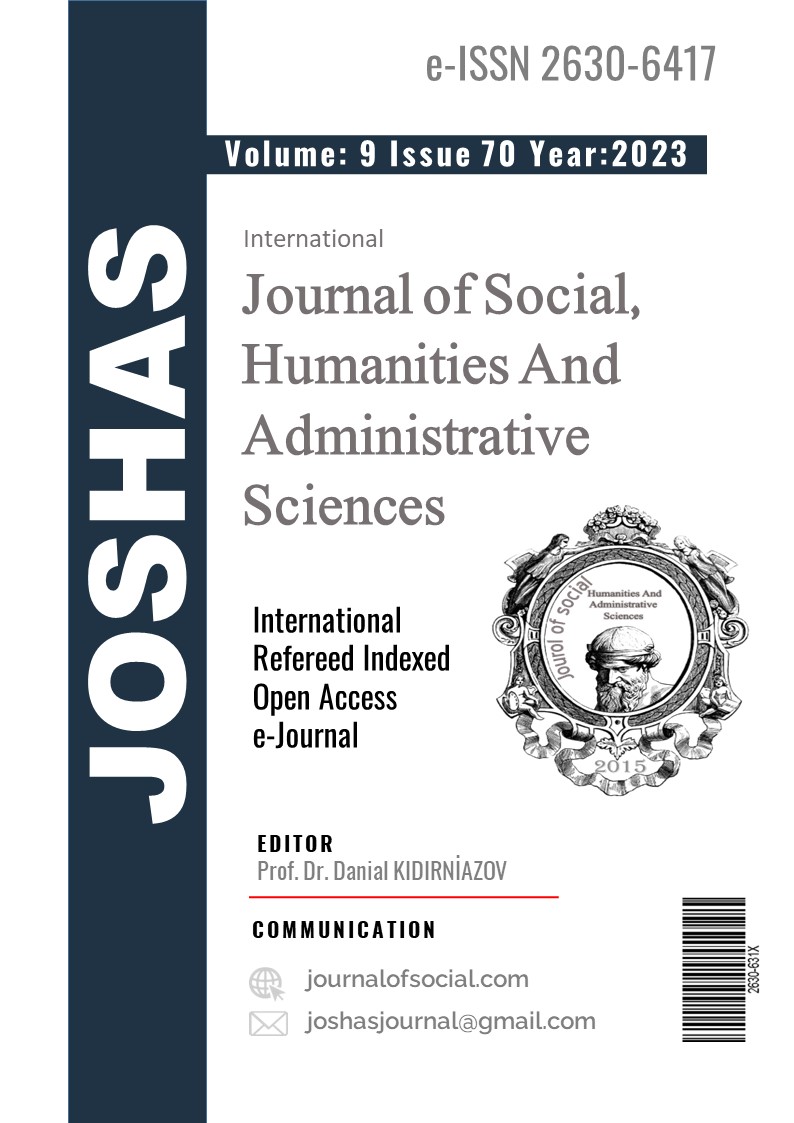Author :
Abstract
Mısır’da ikinci dönem roman yazarları arasında sayılan Muhammed Abdulhalîm Abdullah (1913-1970) romantik üslupla başladığı yazın hayatında 1960’lı yıllardan sonra toplumsal iyiye yönelmiş, gerçekçi roman tarzının hiç değilse yansıtma özelliğini kullandığı bu romanlarda dönemin sorunsallarını konu edinmiştir. Yazarın 1963 yılında kaleme aldığı el-Cennetu’l-‘Azrâ (El Değmemiş Cennet) adlı roman İkinci Dünya savaşı yıllarında Kahire’de sayısı artan İngiliz askerlerinin toplumsal yapıda meydana getirdiği olumsuzluklar başta olmak üzere çok eşlilik ve feodalite olgularını sorunsallaştırmaktadır. Daha önce “insanlık durumları” adını verdiği duygusal formları konu edindiği için Necîp Mahfûz tarafından “Yeni Menfâlûtî” olarak adlandırılan yazarın bu eseri tam olarak gerçekçilik ilkelerini içermese de dönemin sosyal ve siyasi olaylarına getirdiği bakış açısı bakımından önemlidir. Söz konusu eser içerdiği sorunsallar bakımından incelenecek ve realist roman öğelerini ne kadar gerçekleştirdiği değerlendirilecektir.
Keywords
Abstract
Muhammad Abd al-Khalīm Abdallah (1913-1970), who is considered among the second period novelists in Egypt, started his literary life with a romantic style and after the 1960s he turned towards the social good, and in these novels, in which he used at least the reflection feature of the realistic novel style, he dealt with the problematics of the period. His novel “The Virgin Heaven” (The Untouched Paradise), which the author wrote in 1963, problematizes the negative effects of the increasing number of British soldiers in Cairo during the Second World War on the social structure, as well as the phenomena of polygamy and feudalism. Although this work of the author, who was called "New Manfaluti" by Naguib Mahfouz because he had previously dealt with emotional forms he called "human situations", does not contain the principles of realism, it is important in terms of the perspective it brings to the social and political events of the period. The work in question will be analyzed in terms of the problematics it contains and the extent to which it realizes the elements of the realist novel will be evaluated.





